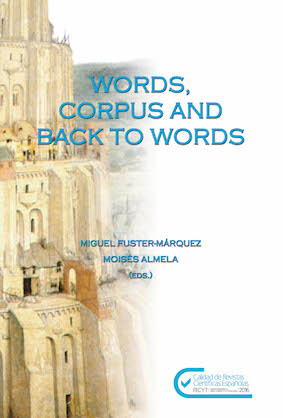"The annoying servant": Characterization in the TV series Águila Roja
DOI:
https://doi.org/10.7203/qf.22.11301Keywords:
television series, telecinematic discourse, characterisation, corpus linguistics, discourse analysis Abstract
Abstract
This article, based on the most recent studies on telecinematic dialogue, proposes a contribution to linguistic research on television series, one of the most influential popular cultural products in contemporary society. The work is based on the complete scripts of the successful Spanish series Águila Roja, aired on Radio Televisión Española between 2009 and 2016. Combining techniques of corpus linguistics and discourse analysis, this study examines the characterization of Satur, one of the main characters of this fiction, through the co-construction of the meaning, as processed by the television audience. The results suggest that Satur’s discourse is characterized by the use of contemporary colloquial language and by incongruity; such features create humor and familiarity with the audience.
 Downloads
Downloads
Downloads
Published
How to Cite
-
Abstract632
-
PDF (Español)806
-
PDF315
-
PDF (Català)316
Issue
Section
License
 Este obra está bajo una licencia de Creative Commons Reconocimiento-NoComercial-SinObraDerivada 4.0 Internacional.
Este obra está bajo una licencia de Creative Commons Reconocimiento-NoComercial-SinObraDerivada 4.0 Internacional.
Authors who publish with this journal agree to the following terms:
- Authors retain copyright and grant the journal right of first publication with the work simultaneously licensed under a Creative Commons Attribution License that allows others to share the work with an acknowledgement of the work's authorship and initial publication in this journal.
- Authors are able to enter into separate, additional contractual arrangements for the non-exclusive distribution of the journal's published version of the work (e.g., post it to an institutional repository or publish it in a book), with an acknowledgement of its initial publication in this journal.
- Authors are permitted and encouraged to post their work online (e.g., in institutional repositories or on their website) prior to and during the submission process, as it can lead to productive exchanges, as well as earlier and greater citation of published work (See The Effect of Open Access).



